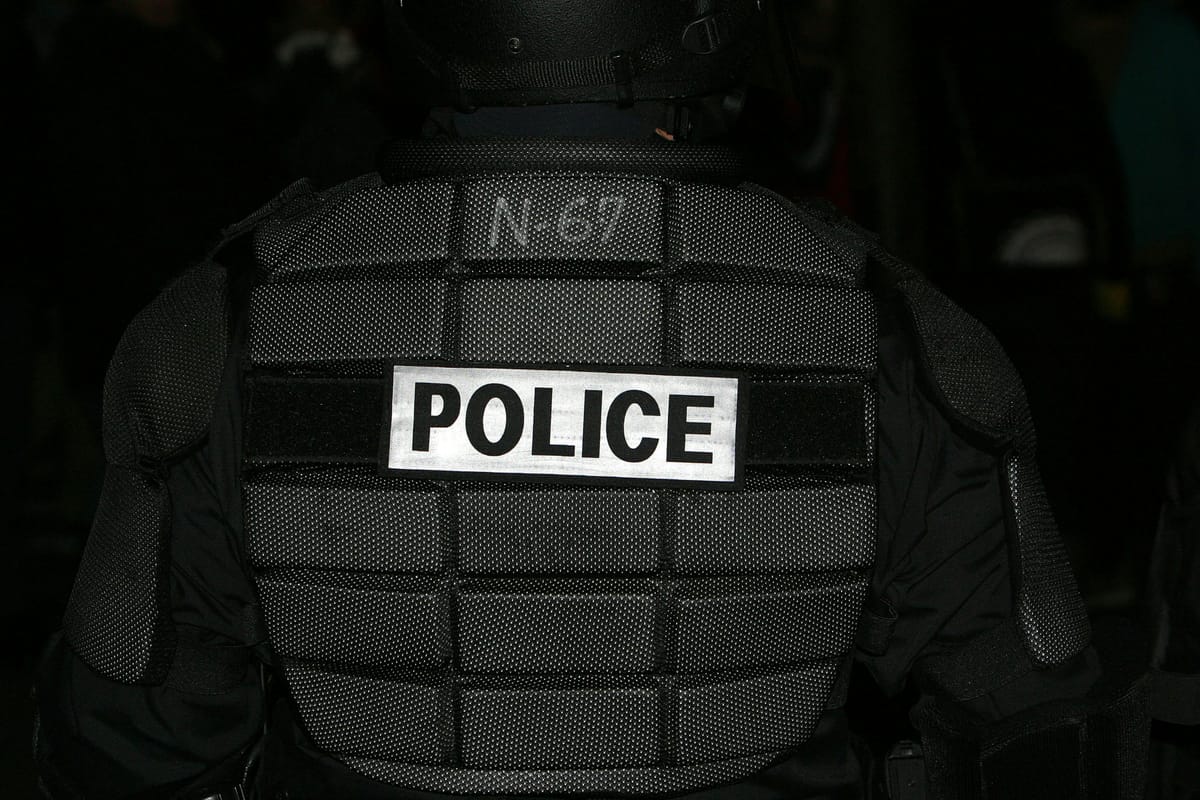Kentucky Supreme Court Strikes Down Lexington’s Ban on No-Knock Warrants

High Court Reverses Local Ordinance
FRANKFORT, Ky. — The Kentucky Supreme Court has overturned Lexington’s ban on no-knock warrants, ruling that the city ordinance conflicted with state law. The decision, issued Thursday morning, reverses a Court of Appeals ruling that had upheld the 2021 citywide prohibition.
Justice Robert Conley, writing for the majority, said state law expressly allows no-knock warrants under limited conditions, and local governments cannot forbid what the state has permitted.
“The ordinance prohibits what the statute allows, it makes illegal what the statute declares is legal, and therefore contravenes the public policy of the Commonwealth,” Conley wrote.
Divided Court on Local Authority
The ruling was supported by Justices Debra Lambert, Shea Nickell, and Kelly Thompson. Justices Michelle Keller and Angela Bisig dissented, while Justice Pamela Goodwine did not participate.
In her dissent, Keller said the majority’s interpretation weakens the ability of cities to regulate issues that affect public safety. She argued that Senate Bill 4, the 2021 state law that tightened rules for no-knock warrants, should not prevent municipalities from adding further restrictions.
“The majority endorses an overly simplistic interpretation of preemption wherein state legislation operates as a ceiling rather than a floor, thereby effectively stripping local governments across the Commonwealth of their constitutionally vested authority,” Keller wrote.
State Law vs. City Ordinance
The case centered on Lexington’s 2021 ordinance barring police from executing no-knock warrants, a practice that allows officers to enter without announcing themselves. State law requires such warrants to be approved by a judge and limits them to certain violent offenders or serious crimes. It also restricts the hours during which they may be served.
The law was passed after public outcry over cases across the country, including the death of Breonna Taylor in Louisville in 2020. Taylor, a 26-year-old emergency medical technician, was shot and killed after officers forced entry into her apartment with a no-knock warrant tied to a drug investigation involving her ex-boyfriend.
In its ruling, the court said Lexington’s ordinance clashed directly with Senate Bill 4. Conley wrote that local judges and police officers in Lexington were barred from exercising authority that remained lawful across the rest of the state.
Union Challenge and Broader Impact
The lawsuit was filed by the Fraternal Order of Police Lodge #4, which represents Lexington officers. The union argued that the city’s ban violated its collective bargaining agreement because officials did not consult the union before making the change.
The Supreme Court declined to rule on that claim, saying its decision on the state law conflict made other questions moot. But Keller, in her dissent, said Lexington did have a duty to negotiate with the union before passing the ordinance.
Lexington city officials said they had just received the ruling and would need time to review it. It remains unclear whether the court’s decision will affect Louisville’s separate no-knock warrant ban, which was enacted before Senate Bill 4 became law.
